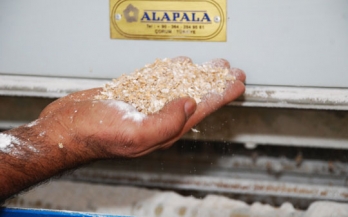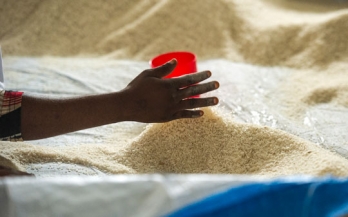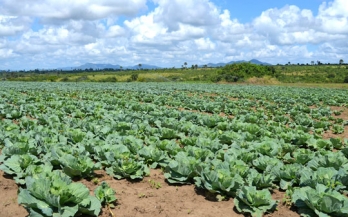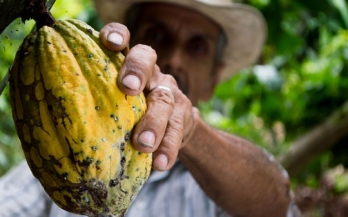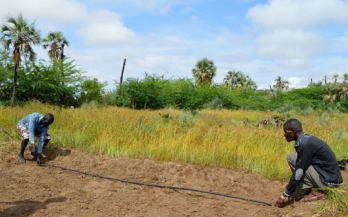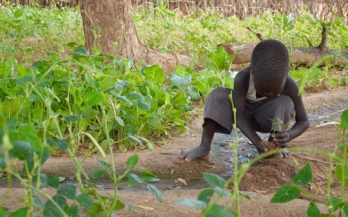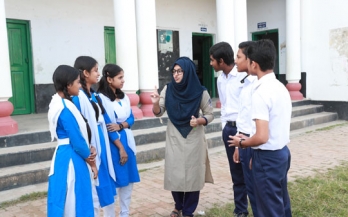This report summarises the findings of the 2010 micronutrient survey conducted in Jordan in March and April 2010. The survey follows an earlier micronutrient survey conducted in 2002, four to five months after the start of a national flour fortification program.
In 2014, a national survey on iodine coverage and utilisation was conducted in Senegal to better understand factors associated with access to adequately iodised salt, and to provide an evidence base from which to plan, monitor and evaluate a revised strategy for achieving optimal iodine nutrition.
This research brief summarizes findings from the national cold chain capacity mapping of Nigeria, conducted between December 2017 and February 2018. Despite having the largest economy in Africa, Nigeria has among the world’s highest burdens of malnutrition. Improving supply chain infrastructure and food storage practices has the potential to significantly reduce postharvest losses and waste across the country.
This report is the outcome of a desk research to assess the nutritional status and underlying causes among cocoa farming families in Côte d'Ivoire commissioned by the Sustainable Trade Initiative for their programme on the Cocoa Learning and Innovation Programme.
The Seeds of Prosperity programme works through commodity supply chains to improve workers’ diets and hygiene practices. This brief present results and next steps from programme evaluations in three sites across India and Kenya. Evaluations found improvements to dietary diversity, handwashing practices, and perceptions of trust for the programme among target groups.
This brief provides an overview of the Seeds of Prosperity programme. Through the Seeds of Prosperity the Global Alliance for Improved Nutrition (GAIN), the Sustainable Trade Initiative (IDH), and Unilever are working through commodity supply chains to improve workers’ diets and hygiene practices.
Vietnamese Living Standard Surveys showed that the rate of overweight and obese in Vietnamese adults doubled between 1992 and 2002. Considering the increasing public health concern over the double burden of malnutrition in Vietnam, we investigated micronutrient deficiencies among women of reproductive age according to their Body Mass Index.
Adolescence is a critical period characterized by physical, social and developmental changes that impact on health and eating behavior. Qualitative research was conducted in Java, Indonesia to examine individual, social, environmental and macrosystem factors affecting snacking behaviors in unmarried adolescent girls 16‐19 years of age.
In this paper, we used national prevalence estimates among girls and young women 10–22 y of age from the 2014 State of Food Security and Nutrition in Bangladesh report as an example to demonstrate that determining the true prevalence of undernutrition, overweight, and obesity is complicated by racial/ethnic variation across populations in timing of the adolescent growth spurt, growth potential, and body build.
This report addresses a critical issue of our time – how can we exploit new ideas and new technology to nourish and feed a growing world, and do it sustainably? Working on food systems reform, it is easy to underestimate the speed of change around us. But the reality is that even in the remotest corners of the globe, the drivers of food systems change are making their presence felt with storm-like force.
